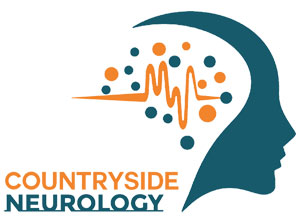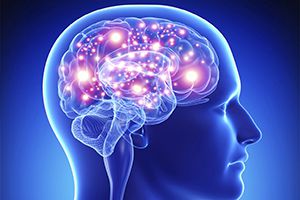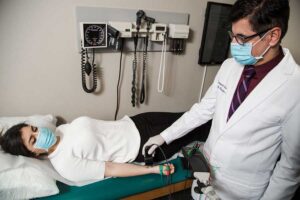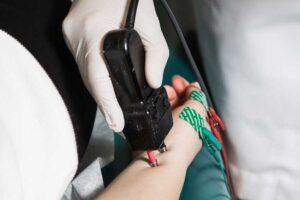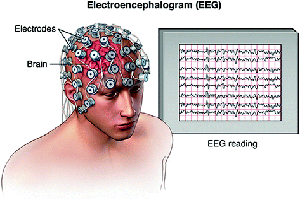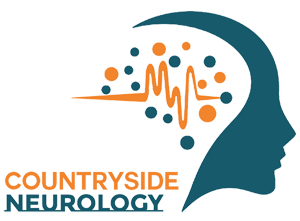Neurological Services We Provide
Memory Tests
Memory Tests
Memory Tests
The Dementia Rating Scale (DRS) Test is a very useful way to assess patients with dementia. The test is grouped into 36 tasks and 5 categories: Attention, Initiation/Perseveration, Construction, Conceptualization, and Memory. This test helps distinguish between vascular dementia, healthy controls, and Alzheimer’s disease.
Nerve Conductions
Nerve Conduction Studies
A Nerve Conduction Velocity test measures how fast an electrical impulse moves through your nerves. The NCV test is used to identify nerve damage. Electrode patches are attached to your skin, stimulating your nerves. Diseases that can be detected with NCV test include:
- Guillain-Barre Syndrome
- Carpal tunnel syndrome
- Charcot-Marie Tooth disease
- Herniated disk disease
- Chronic inflammatory polyneuropathy and neuropathy
- Sciatic nerve problems
- Electromyography (EMG)
Electromyography
Electromyography (EMG)
Electromyography (EMG)
EMG is used to detect neuromuscular abnormalities by measuring muscle response or electrical activity in response to a nerve’s stimulation of the muscle. One or more electrodes (small needles) are inserted into the muscle, and the EMG measures the electrical activity of muscle during rest, slight contraction, and forceful contraction. Conditions that EMG testing helps diagnose include:
- Carpal tunnel syndrome
- Pinched nerve
- Radiculopathy
- Sciatica
- Neuropathies
- Muscle diseases
- ALS (Lou Gehrig’s disease)
- Myasthenia gravis
- EEG Electroencephalogram (routine and ambulatory)
Electroencephalogram
EEG - Electroencephalogram
EEG – Electroencephalogram
EEG testing detects abnormalities in your brain waves. Electrodes are pasted onto your scalp, and they detect electrical charges caused by the activity of your brain cells. EEG testing can be used to evaluate several types of brain disorders, including:
- Epilepsy
- Brain tumors
- Brain damage from a head injury
- Encephalopathy
- Inflammation of the brain (encephalitis)
- Strokes
- Sleep disorders
Botox
Botox
Botox
Botox has been used to treat migraines, hemi-facial spasms, cervical dystonia, and spastic hemiplegia and dystonia. Botox is a powerful therapeutic agent that can reduce muscle spasm and pain, and also restore function. Treatment is repeated every 3 to 4 months.
Dementia Care Planning
Dementia Care Planning
Cognition-focused evaluation, including a pertinent history and examination of the patient, while working with caregiver(s).. Call Call us at 727-712-1567 for answers to all your questions!
